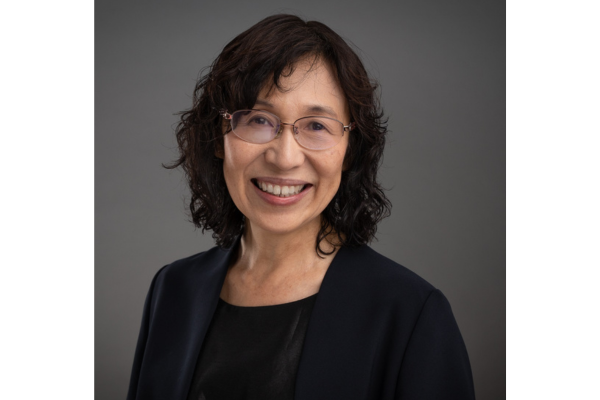IJS Lecture: Junko Habu, "Food Diversity, Biodiversity, and the Resilience of Human-Impacted Ecosystems in Japan: Approaches from Archaeology, Anthropology and Agroecology"
Wednesday, April 3, 2024 , 4:00 p.m. - 5:30 p.m.
Location: Zoom (Registration Required)
Contact: East Asian Studies Center
The Institute for Japanese Studies presents:
"Food Diversity, Biodiversity, and the Resilience of Human-Impacted Ecosystems in Japan: Approaches from Archaeology, Anthropology and Agroecology"
Junko Habu
University of California, Berkeley
Abstract: This presentation aims to contribute to the interdisciplinary discussion on the relationship between food/subsistence diversity and biodiversity in Japan, examining its continuity and change through time from the Jomon period to the 1950s. Traditional food and subsistence practices in Japan, up to the 1950s, emphasized the importance of subsistence diversification, environmental management, long-term storage of starchy foods (including rice, millets, and nuts), and communal land ownership (iriaichi). These practices were key strategies for the resilience of foodways and lifeways. Archaeological data from the prehistoric Jomon period support the hypothesis that subsistence diversity was critical for the long-term sustainability of human-environment interactions. The presentation introduces relevant case studies primarily from northeastern Japan in both archaeological and ethnographic contexts. Download the PDF flyer here.
Junko Habu is a Professor of Anthropology, the Tomoye Takahashi Endowed Chair in Japanese Studies, and the Chair of the Center for Japanese Studies, University of California, Berkeley. She is also an Affiliate Professor of the Research Institute for Humanity and Nature (RIHN) in Kyoto, and a Fellow of the California Academy of Sciences. She has published extensively on Japanese and East Asian archaeology, hunter-gatherer archaeology and historical ecology. Her current research focuses on the intersection of archeology, agroecology and traditional ecological knowledge to consider the resilience of socioeconomic systems in the past, present and future. She has excavated many archaeological sites in Japan from the prehistoric Jomon period (ca. 14,000-500 BCE), investigating continuity and change in landscape practices. From 2014 to 2017, she led a three-year transdisciplinary project at RIHN that examined archaeological and ethnographic data from the North Pacific Rim.
If you require an accommodation, such as live captioning, to participate in this event, please contact EASC at easc@osu.edu. Requests made at least two weeks in advance of the event will generally allow us to provide seamless access, but the university will make every effort to meet requests made after this date.
This event is supported by a U.S. Department of Education Title VI grant to The Ohio State University East Asian Studies Center.

